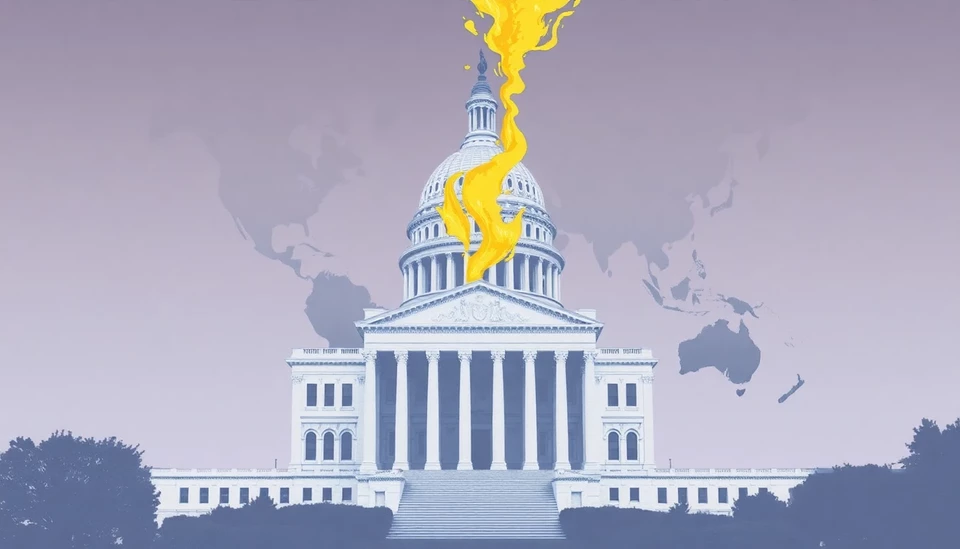
In a significant and controversial development, a U.S. House panel has announced its findings regarding a so-called “climate cartel” allegedly involved in collusion to manipulate market conditions related to environmental regulations and climate change initiatives. This revelation comes amidst heightened scrutiny over how various industries respond to climate policies and calls for greater accountability in climate-related practices.
The panel’s investigation alleges that a coalition of corporations has been colluding to influence climate policies to their advantage, effectively undermining competition and stifling innovation in the environmental sector. This comes at a time when consumer demand for green technologies and sustainable practices is at an all-time high, raising questions about the integrity of organizations claiming to champion climate-friendly initiatives.
Testimony and documents reviewed by the panel suggest that these companies may have engaged in secretive agreements and coordinated actions to suppress competition while promoting their own interests. These activities reportedly included price-fixing agreements, coordinated lobbying efforts, and a shared agenda to sway legislative outcomes regarding climate policies.
Members of the panel have expressed concern that such collusion not only distorts free-market principles but could also have dire consequences for climate action as a whole. This investigation sheds light on the complex interplay between corporate power and environmental integrity, calling into question the motives of entities that publicly advocate for sustainability while possibly engaging in unethical practices behind the scenes.
The findings have elicited varied reactions. Supporters argue that this transparency is vital for holding corporations accountable and ensuring that genuine efforts to combat climate change are not sabotaged by profit-driven agendas. Critics, however, caution against overreaching interpretations of the evidence, warning that such claims could stifle legitimate business practices and innovation in the green technology sector.
As the investigation progresses, House panel members are poised to propose legislative measures aimed at curbing such collusion and ensuring that climate efforts remain authentic and effective. They emphasize the necessity of protecting both consumers and the environment from potentially harmful corporate behaviors while fostering an atmosphere of genuine competition and innovation in climate solutions.
This groundbreaking investigation continues to unfold, with potential implications not only for the implicated companies but also for the broader conversation around climate policy and corporate responsibility. Experts predict that the outcome could reshape how businesses operate within the environmental sector and influence future regulatory measures aimed at promoting sustainability.
The panel’s findings will undoubtedly be a focal point in upcoming debates and discussions regarding climate action, corporate accountability, and the integrity of environmental claims in the marketplace. As this story develops, stakeholders from all sectors will be closely monitoring the situation for any further revelations that could deepen or redefine the current understanding of corporate influence on climate policy.
In the face of an increasingly urgent climate crisis, the need for vigilance and accountability in corporate practices has never been more crucial. The public and lawmakers alike will need to ensure that the path toward a sustainable future remains uncompromised by unethical practices or manipulative collusion.
#ClimateCartel #CorporateCollusion #ClimateCrisis #ClimateAction #Sustainability #HousePanelInvestigation #MarketAccountability
Author: Sophie Bennett




